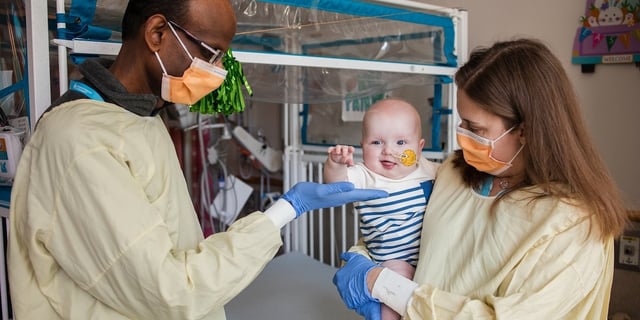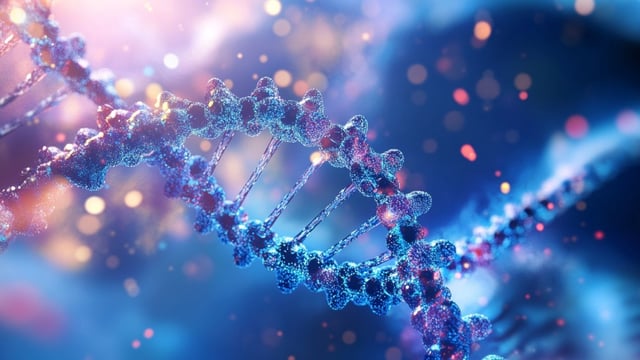Overview
- A team from the Children's Hospital of Philadelphia and Penn Medicine developed a personalized CRISPR therapy to treat KJ, an infant with CPS1 deficiency, a rare metabolic disorder.
- The therapy was designed and produced within six months, targeting KJ's specific CPS1 gene variant using lipid nanoparticle delivery technology.
- Between February and April 2025, KJ received three infusions of the experimental therapy, with early results showing improved protein tolerance and reduced reliance on anti-ammonia medications.
- The case has been detailed in the New England Journal of Medicine and presented at the American Society of Gene & Cell Therapy conference, underscoring its significance in advancing personalized medicine.
- Experts believe this approach could pave the way for treating other ultra-rare genetic disorders, though challenges like high costs and scalability remain.

